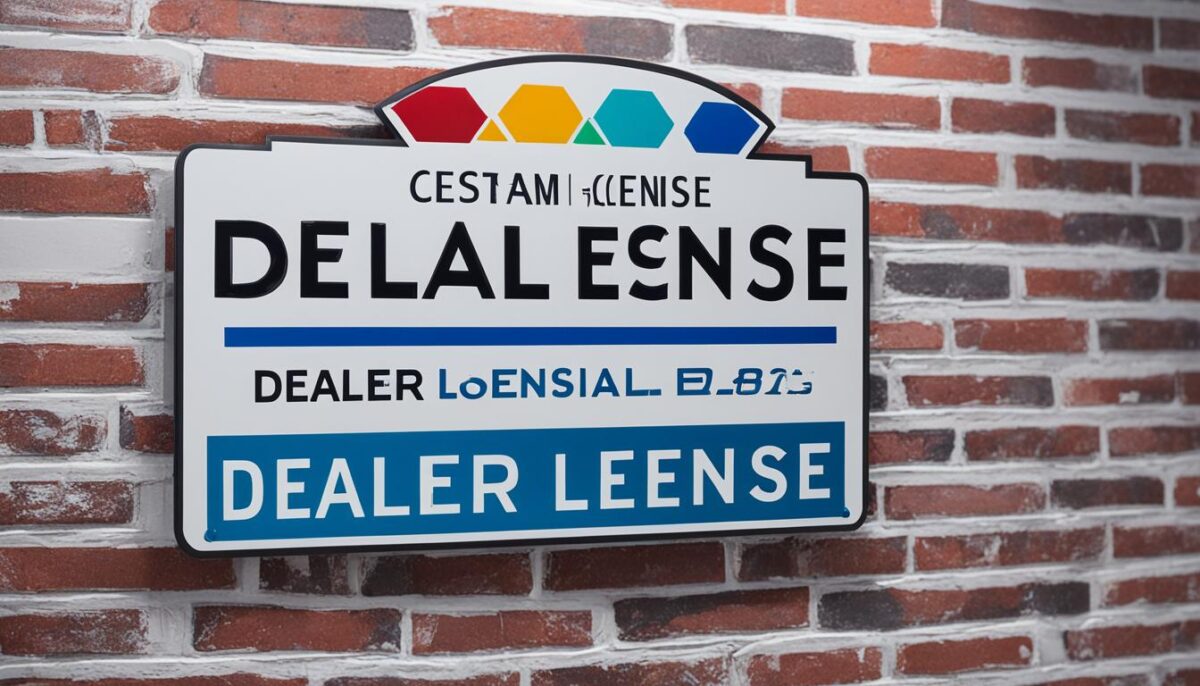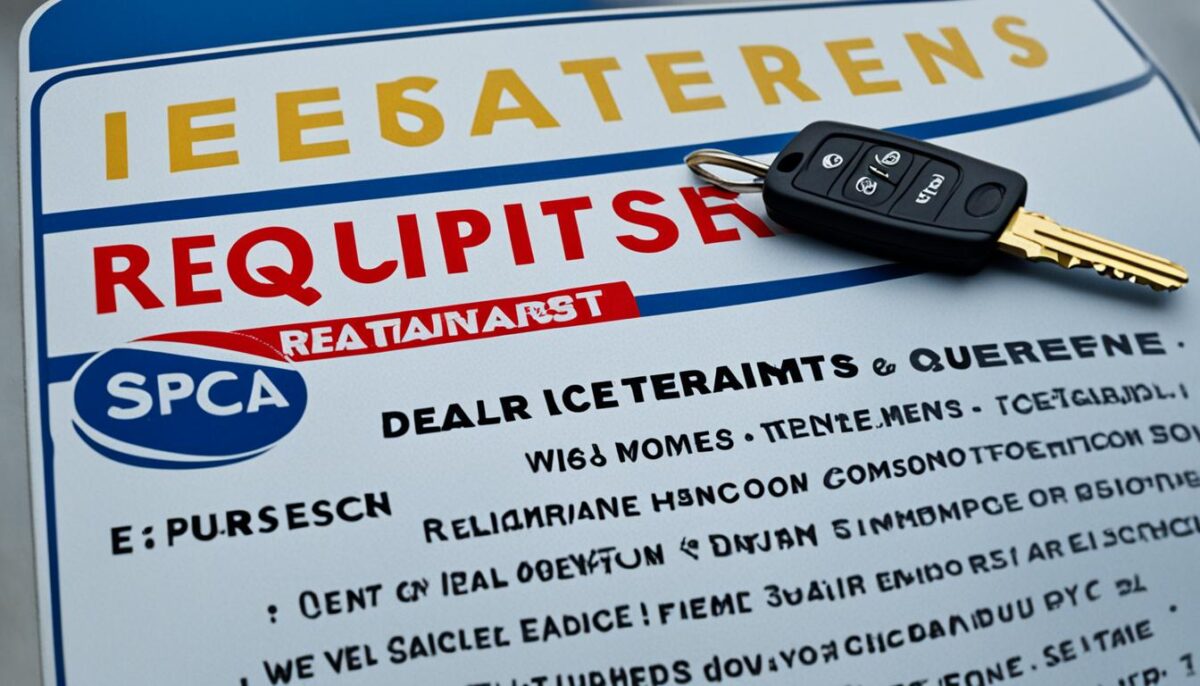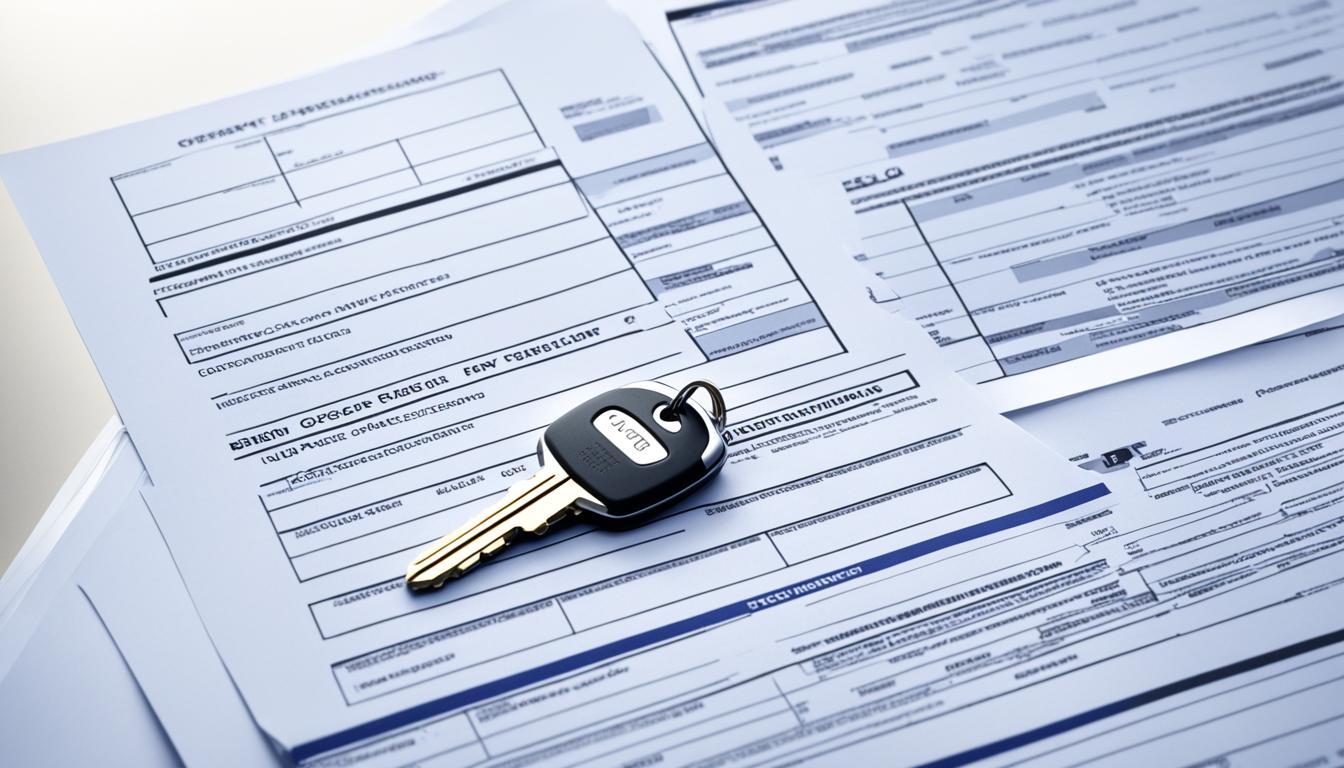In this article, we’ll guide you through the process of obtaining a dealer license to participate in car auctions. We’ll cover the legal requirements, the benefits of having a dealer license, and the step-by-step instructions to successfully navigate the application process. Whether you’re a seasoned automotive enthusiast or a newcomer to the industry, this comprehensive guide will provide you with the knowledge and tools needed to become a licensed car dealer at car auctions.
Understanding the Importance of a Dealer License for Car Auctions
Navigating the world of car auctions can be both exciting and complex, especially for those who are new to the industry. One of the most crucial aspects to consider is the legal requirements for buying and selling vehicles. Obtaining a dealer license is not just a formality – it’s a critical step that confers numerous advantages to those looking to succeed in the car auction space.
Legal Requirements for Buying and Selling Vehicles
In most jurisdictions, individuals and businesses engaged in the sale of vehicles, including those participating in car auctions, are required to hold a valid dealer license. This license ensures compliance with a wide range of legal regulations, such as:
- Vehicle titling and registration requirements
- Odometer disclosure laws
- Sales tax collection and reporting
- Consumer protection laws and regulations
Failure to adhere to these legal requirements can result in significant fines, penalties, and even legal action. A dealer license serves as a safeguard, protecting both buyers and sellers from potential legal pitfalls.
Benefits of Obtaining a Dealer License
Beyond the legal necessity, there are numerous advantages to becoming a licensed car dealer for car auctions:
- Expanded Market Access: With a dealer license, you can access a wider range of vehicle inventory, including those only available to licensed dealers at wholesale auctions.
- Improved Negotiating Power: Dealers often enjoy greater leverage in negotiating prices and terms with both buyers and other sellers, thanks to their specialized knowledge and industry connections.
- Enhanced Credibility: A dealer license signals to potential customers that you are a serious, professional, and trustworthy participant in the car auction market.
- Tax Advantages: Dealers may be eligible for various tax benefits, such as the ability to claim certain business-related expenses and deductions.
By understanding the legal requirements and the significant benefits of a dealer license, prospective car auction participants can make informed decisions and position themselves for success in this dynamic industry.

“Obtaining a dealer license is a crucial step for anyone looking to thrive in the car auction business. It not only ensures legal compliance but also opens up a world of opportunities and advantages.”
Get Dealer License Car Auction: Step-by-Step Guide
Becoming a licensed car dealer for auctions is a strategic move that can unlock a world of opportunities. In this step-by-step guide, we’ll walk you through the process of obtaining your dealer license, ensuring you have the necessary knowledge and documentation to navigate the world of wholesale vehicles.
The first step in your journey to becoming a licensed car dealer for auctions is to familiarize yourself with the legal requirements in your state. This typically involves completing an application, providing proof of your business entity, and submitting to a background check. It’s important to research the specific regulations and guidelines in your area, as they can vary significantly from one state to another.
- Understand the legal requirements: Thoroughly review the laws and regulations governing car dealer licenses in your state. This will help you prepare the necessary documentation and ensure you meet all the compliance standards.
- Establish your business entity: Determine the appropriate business structure for your car dealership, such as a sole proprietorship, partnership, or corporation, and complete the necessary registration and paperwork.
- Gather required documentation: Collect all the necessary documents, which may include proof of your business entity, tax information, and personal identification. Be prepared to submit these documents as part of the application process.
- Complete the application: Fill out the dealer license application and submit it, along with the required fees, to the appropriate licensing authority in your state.
- Undergo a background check: Expect to undergo a comprehensive background check as part of the application process. This is to ensure you meet the character and integrity requirements for a car dealer license.
- Obtain necessary insurance: Acquire the minimum required insurance coverage for your car dealership, such as liability insurance and bond coverage, as mandated by your state’s regulations.
- Attend any required training: Some states may require you to complete a dealer training program or pass an exam before issuing a license. Be sure to fulfill these educational requirements.
- Wait for approval: Once you’ve submitted your application and all the necessary documents, be patient as the licensing authority reviews your information and makes a decision. The processing time can vary, so it’s important to stay informed throughout the process.
By following this step-by-step guide, you’ll be well on your way to becoming a licensed car dealer for auctions, empowering you to access the exclusive world of wholesale vehicles and grow your business.

“Obtaining a dealer license is a crucial step in unlocking the vast opportunities of the car auction market. With the right knowledge and preparation, you can navigate the process with confidence and take your dealership to new heights.”
Navigating the Application Process for a Dealer License
In this final section, we’ll guide you through the critical steps involved in applying for a dealer license for car auctions. Understanding the application process in detail is crucial to submitting a successful application and obtaining the necessary authorization to buy and sell vehicles at auctions.
First and foremost, we’ll review the required documents. This includes proof of business ownership, such as a certificate of incorporation or a sales tax license, as well as proof of insurance and financial statements demonstrating your financial stability. Additionally, you’ll need to provide information about your planned operations, including the location of your dealership and the types of vehicles you intend to sell.
Next, we’ll walk you through the inspection process. Regulatory authorities will conduct an on-site inspection of your dealership to ensure it meets all safety and operational standards. This inspection will cover everything from the physical infrastructure to your inventory management systems. By understanding the requirements upfront, you can proactively prepare your dealership to pass this crucial step with flying colors.




